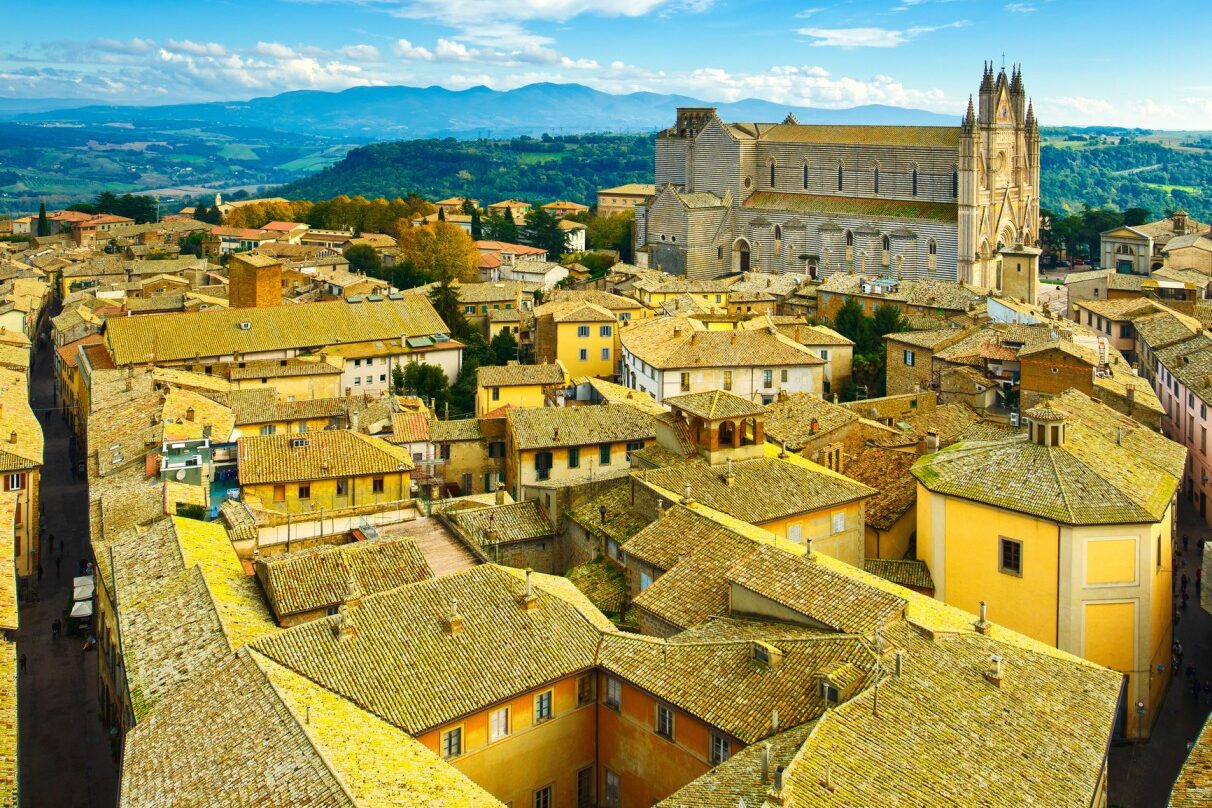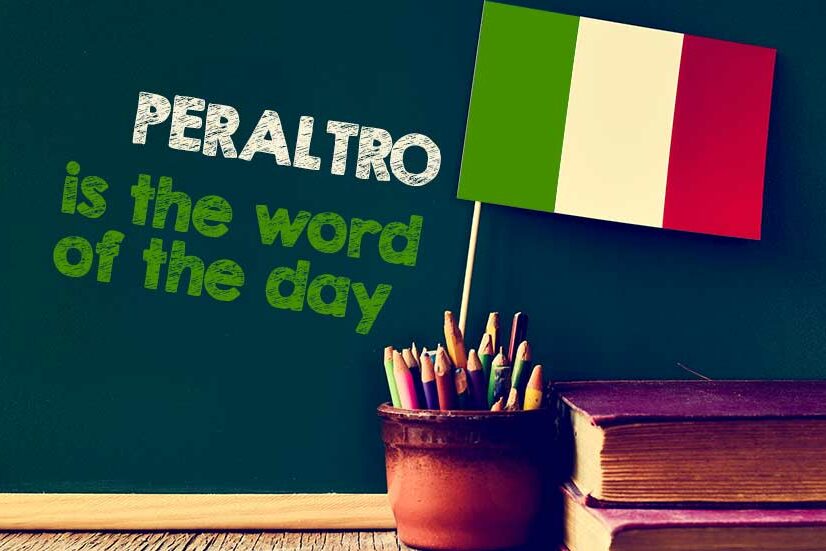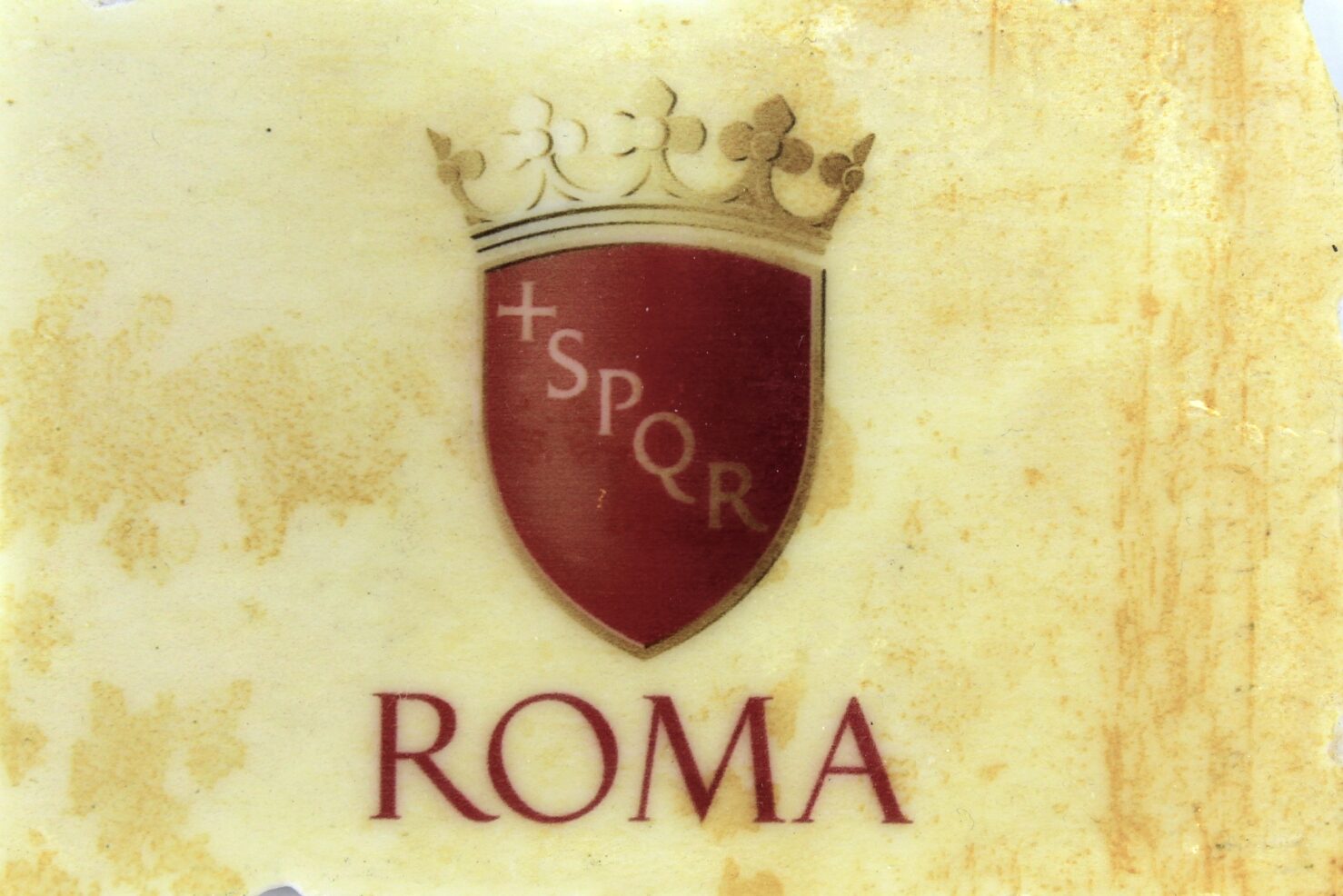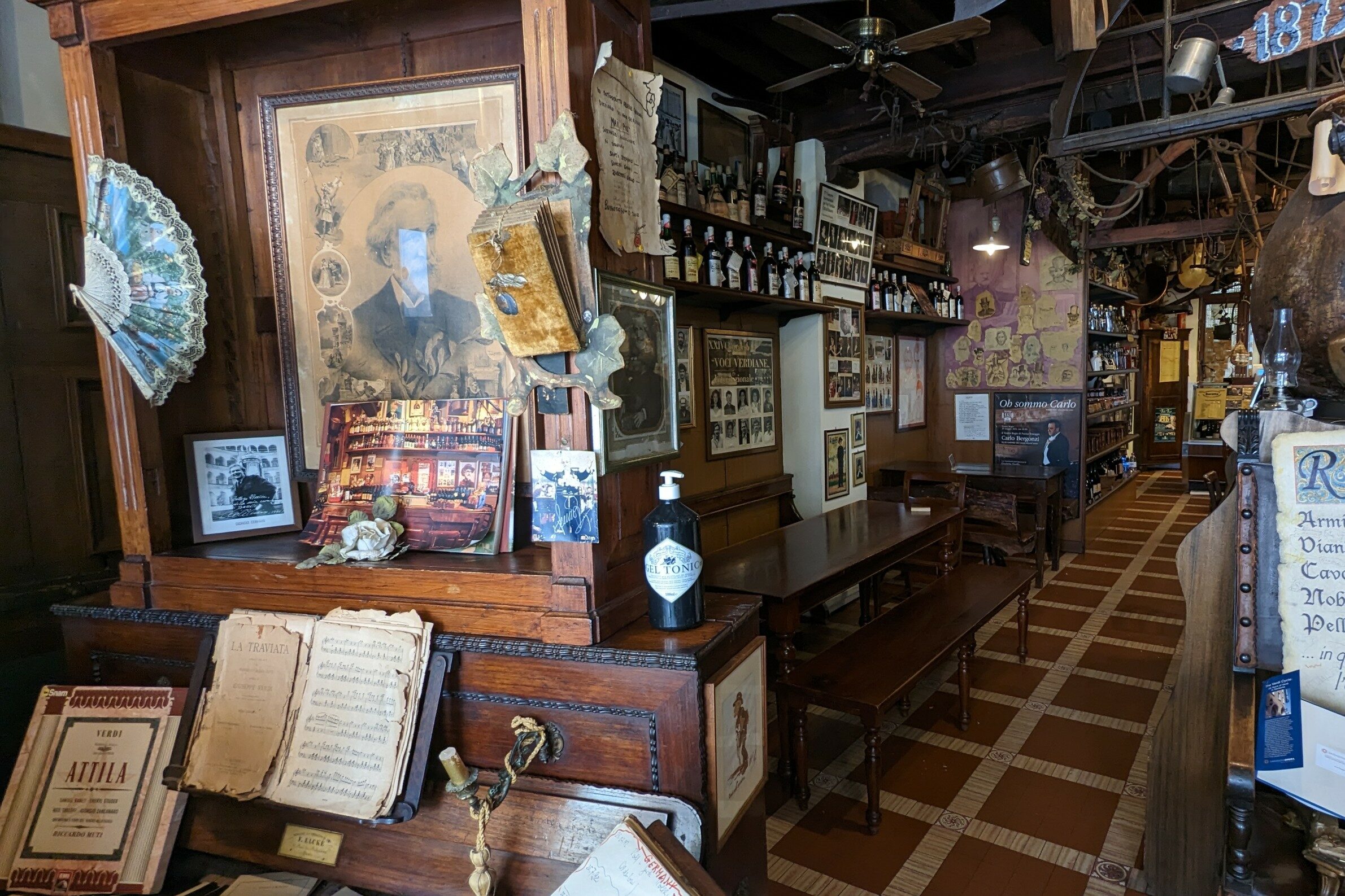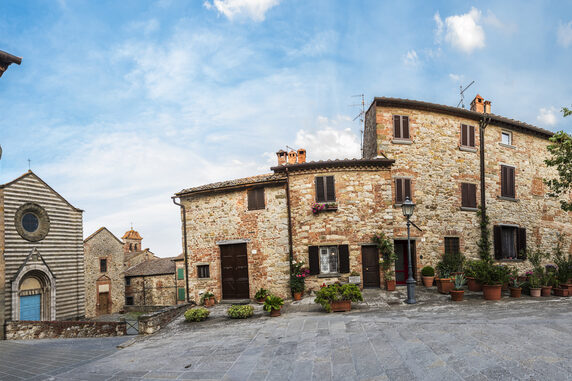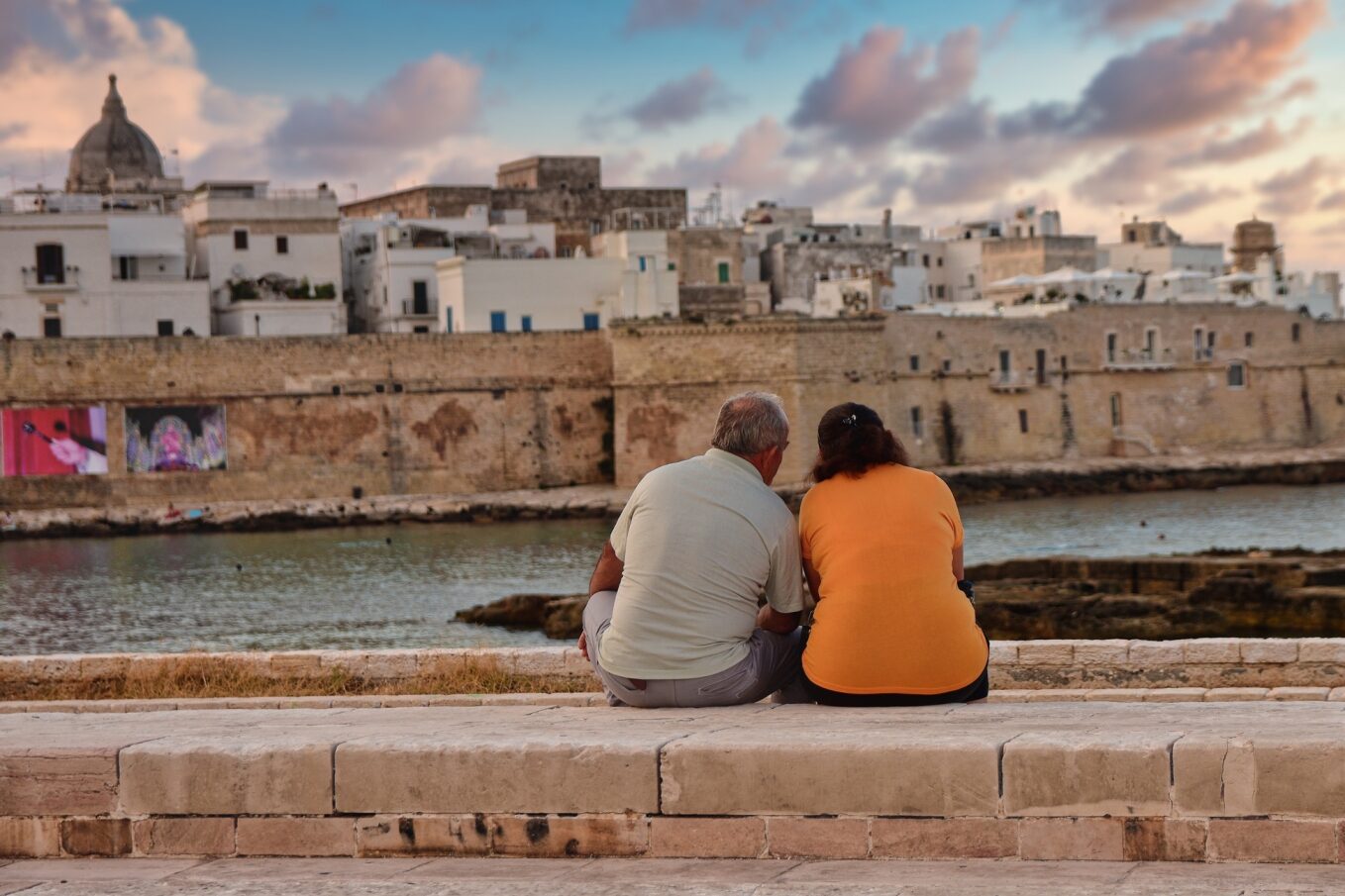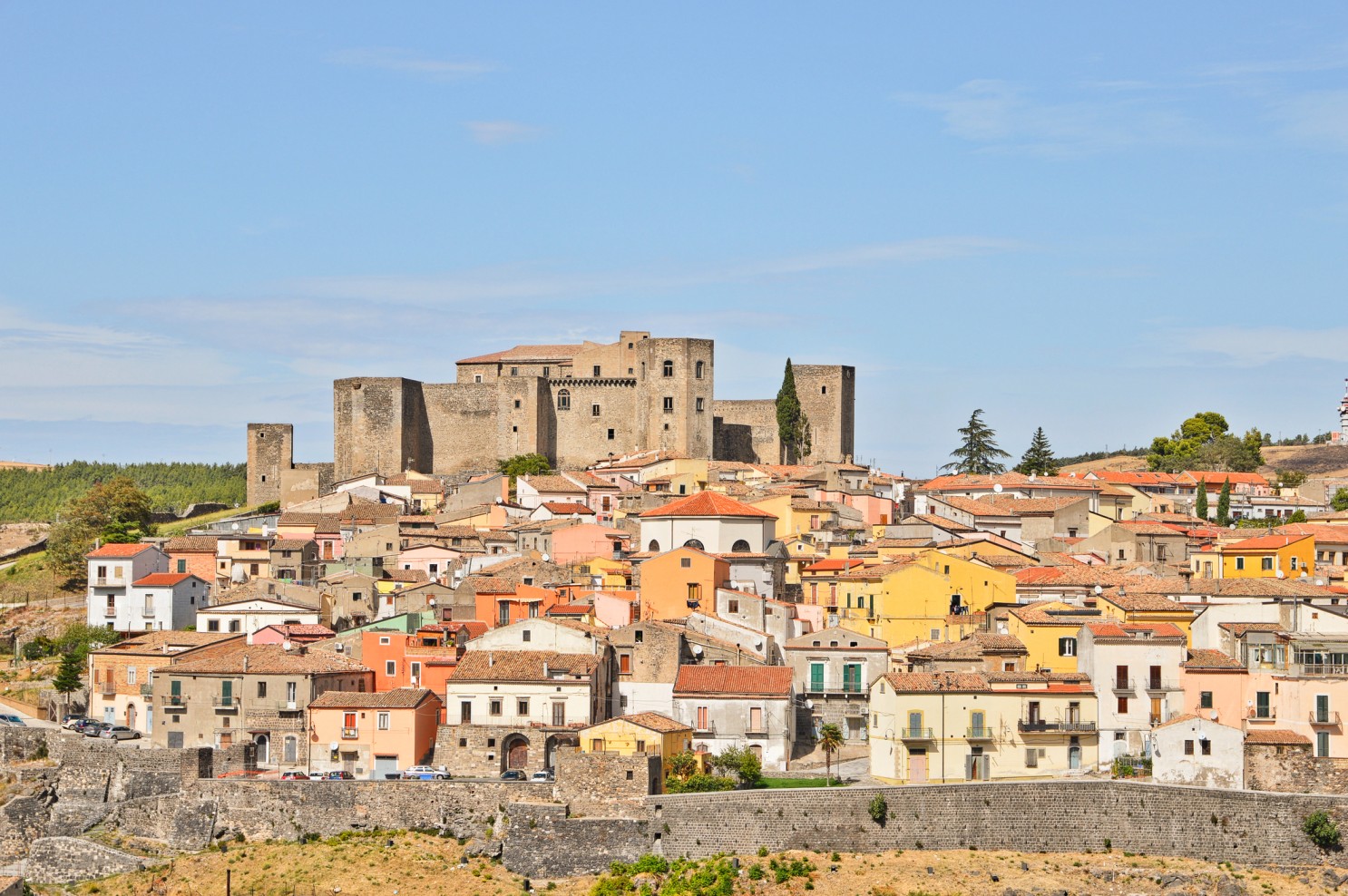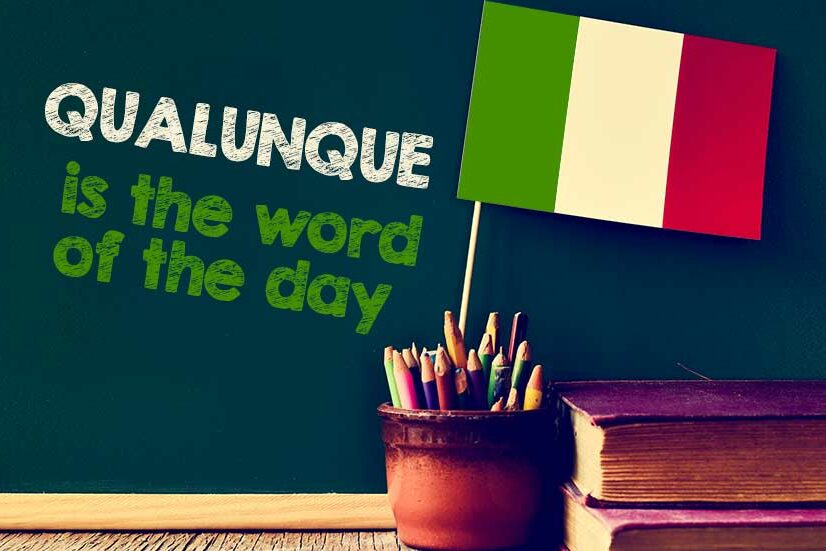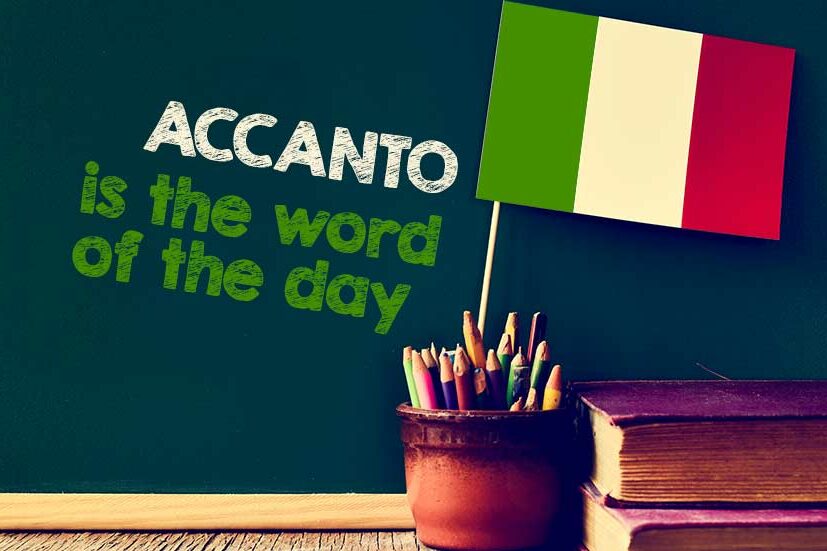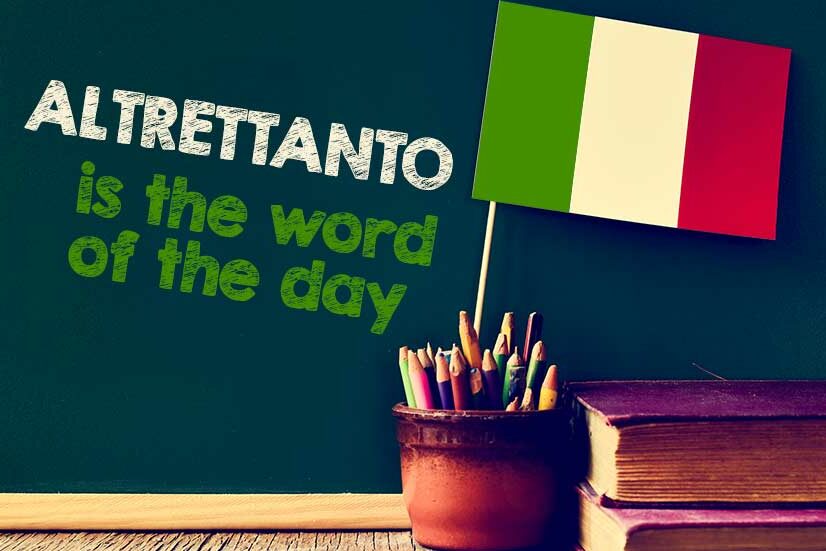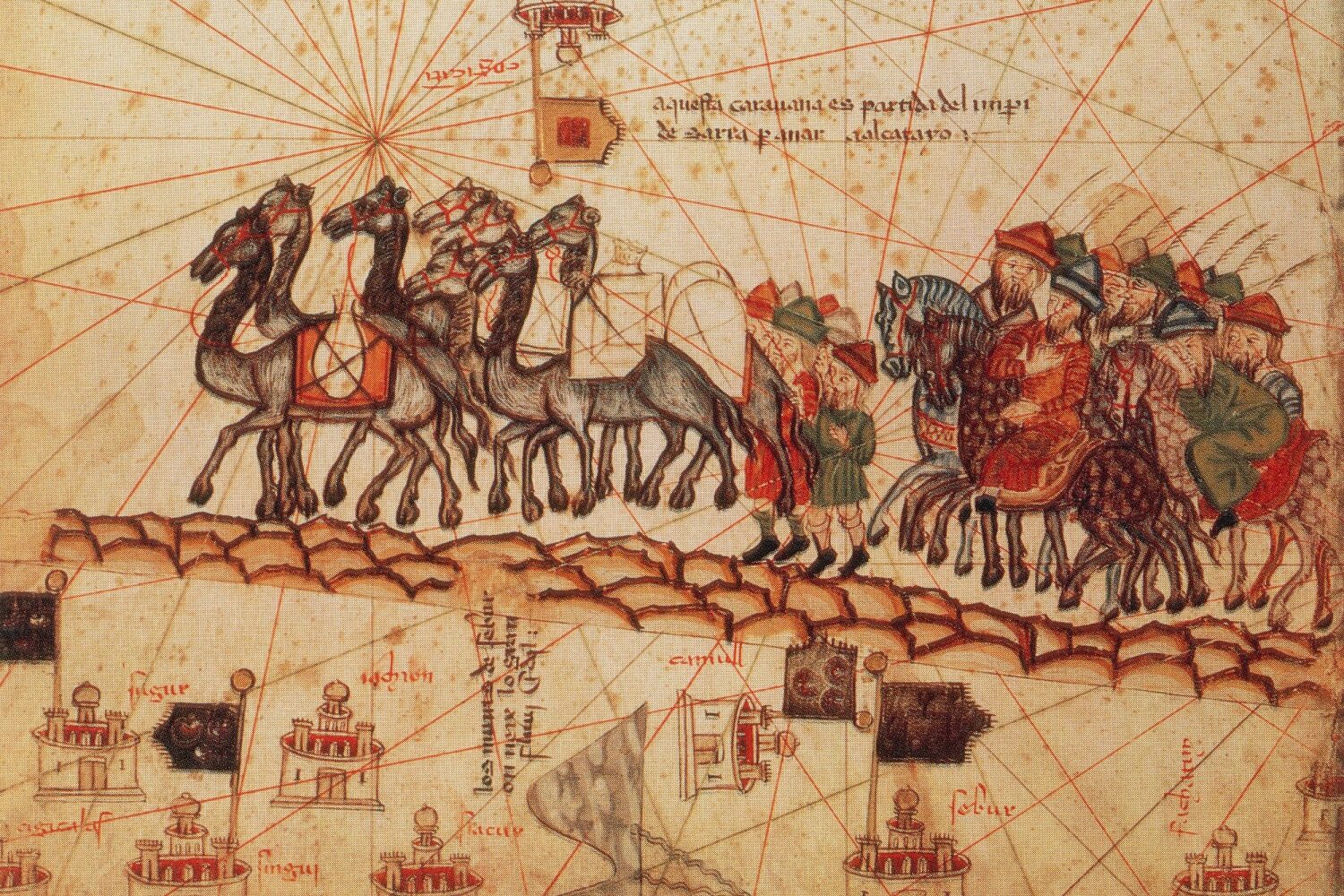“Hey, bub, how’d you like to buy an island in the Venetian lagoon for 99 euros?” At a half dozen locations around Venice these days this is the opportunity that’s presented to you—though not exactly in these words.
To an American raised on old movies and books it sounds a lot like the offer that New York hustlers were always presented as making to yokels and rubes visiting the big city for the first time. “You see that bridge over there stretching across to Brooklyn?” the con men would say, “How’d you like to have it as your very own?”
But unlike the Brooklyn Bridge, the abandoned island of Poveglia, located a short distance from the long island of Lido, really is for sale. It will be auctioned off on May 7, and a group of Venetians living on the island of Giudecca came up with the idea that Venice’s residents themselves should band together to bid on it.
The enthusiastic response this idea has received is a sign of just how sick and tired most Venetians are of seeing nearly every asset of their lagoon environment and their cultural patrimony sold off to private interests and converted into yet another bauble to lure ever more tourists. How many more hotels does the city need? How many more Made in China mask or leather bag shops? How many chain store flagships?
The island of Poveglia
The island of Poveglia
Anglo-American television shows and newspapers have almost exclusively depicted Poveglia as a terrifying deserted island of ghosts and mass graves and lunacy (“The World’s Most Haunted Island” one tabloid program called it). But Venetians also know it as one of the first islands in the area to be settled, right beside an archeological site of Roman ruins, whose inhabitants so vigorously contributed to the defeat of Pepin’s ill-guided invasion of the lagoon in the year 809 that their representative was granted the rare privilege of kissing the doge on the lips once a year.
In return for 99 euros each contributor to the public association called Poveglia X Tutti (“Poveglia for Everyone”) will become, according to the association, “equal shareholders able to participate equally in decisions regarding the fate of Poveglia, but they will not gain any profit or any source of privilege”. The main thrust of the association is to keep the island open to the public, with parks and community gardens and the like, but details can be found on the Facebook page Poveglia per Tutti or, in English, at www.message-in-a-bottle.org. If the bid to purchase the island fails, each contributor will be refunded 80 euros.
Another sign of even broader Venetian discontent was trumpeted in headlines around the world last month. “2.1 Million Venetians Vote to Secede from Italy,” the Anglo-American press raved. According to the UK’s Daily Mail, an impressive “73 per cent of all those eligible to vote” in the wealthy Veneto region cast their ballots in what the Mail, like almost every other news outlet, called an “unofficial referendum.”
And the results, according to the Anglo-American press were dramatic. As the respected American magazine The Atlantic Monthly put it, “a whopping 89% of voters chose independence.”
All of which figures, when illustrated with a stock photo of a gondolier in a Venetian canal, made for a rousing news story (though Venice itself accounts for less than 60,000 of the Veneto’s 5 million inhabitants). And when presented with allusions to the recent vote in the Crimea to split from the Ukraine and to independence movements afoot in both Scotland and Catalonia, why then all of sudden, the press suggested, separatism was spreading through Europe with the fury of a wildfire!
Perhaps. It’s beyond the focus of this column to talk about other European countries, and beyond me more specifically to make much sense out of Italian politics, but I was struck by the inaccuracy and irresponsiblity of English language coverage of the six-day vote on Veneto independence. Panting after a hot headline likely to land a ton of pageviews, most news outlets downplayed the fact that far from being a “referendum” (which implies both an official character and verified oversight), the vote on Veneto independence was, in fact, an online poll created and overseen exclusively by a cluster of right-wing groups devoted to separating from Italy.
Indeed, the website hosting the online poll was the creation of one Gianluca Busato, a Treviso-based “IT entrepeneur” whose political past includes membership not only in various right-wing separatist groups, but the enthusiastic endorsement of the farcical 1997 armed takeover of the Campanile in Piazza San Marco.
Given such facts, and the lack of creditable oversight of the online poll, a certain professional journalistic caution, if not skepticism, would seem in order. But overheated headlines were what we got instead.
And then, after all the headlines and flagwaving and Busato’s and Lega Nord’s claims of a mandate and so forth, we got two reports in the Corriere del Veneto (on the 26 and 27 of March) that an analysis of traffic by three independent website counting firms (Alexa, Calcustat, and Trafficestimate) on Busato’s online polling website during the six days of voting on the “referendum” revealed a small fraction of the 2.36 million visitors whom Busato reported—and the international press blithely repeated—as having cast votes.
During each of the six days of voting the three counting companies (which monitor traffic in and out of websites in order to arrive at a website’s value for advertising agencies) estimated that no more than 22,500 people visited Busato’s Plebiscito.eu voting site.
In other words, there’s reason to believe that the “staggering” figure of 2.36 million Veneto voters—of whom “a whopping 89%” voted to secede from Italy—may, in reality, have been closer to something like 135,000.
Moreover, online analysis showed that a full 10% of voters originated from a web address located in Santiago, Chile. Other votes came in from Serbia, Germany, and Spain.
The estimable Mr Busato, whom, by his own reports, just happened to receive 90,000 more votes than the 40,000 votes received by the second-place candidate to be elected one of “Ten Delegates of Independence” in the online poll he created and oversaw, responded to the Corriere del Veneto’s pair of articles with a call for the newspaper’s boycott and a claim he’d release definitive proof of the legitimacy of his online poll to an American “specialist publication”.
We are still waiting for such proof…. But in the most cynical sense there’s actually little reason for Busato to trouble himself with it. For the same Anglo-American publications that blared the supposedly overwhelming results of his online poll have not even bothered to report on the serious questions raised about those results by the Corriere del Veneto. It’s as if the results—egregiously falsified though they may have been—created the kind of story that both the newspapers and the Veneto separatists desired, irrespective of any actual truth. The newspapers got their page clicks, the separatists got their apparently self-created “mandate,” and Busato declared himself the principal delegate of the independence movement.
It may be true that (depending on the poll you consult) a larger or smaller majority of Veneto residents, upset about sending more in taxes to Rome than they get back in services, are in favor of regional autonomy. But if you believe that Gianluca Busato’s online poll actually proved that, or that he’s the one they’d like to represent their interests to Rome, then I’ve got a bridge in New York—not an island in Venice—I’d like to sell you.
For more about living in Venice, visit Steven Varni’s blog: veneziablog.blogspot.com



